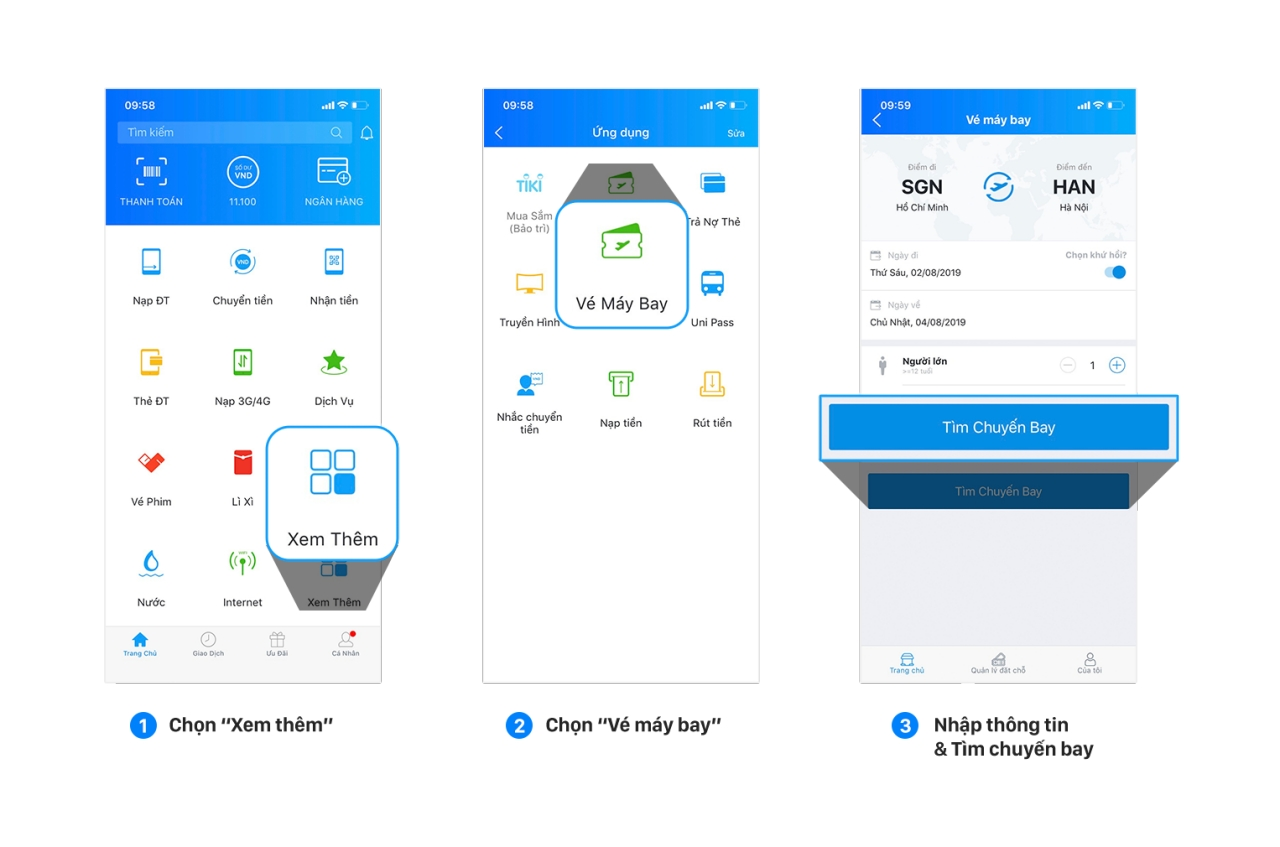
Vietnam’s Mobile Payments Landscape Sees Strong Developments
by Fintech News Vietnam January 23, 2020Vietnam’s mobile payments landscape has continued to evolve on the back of strong growth and expansion coming from industry players, investment deals, and efforts by the government to establish a favorable environment for the industry to thrive.
Vietnamese retailer Saigon Co.op and mobile wallet MoMo has signed a strategic cooperation agreement to boost digitalization across the retailer’s stores. With the partnership, MoMo became the official e-wallet of over 800 supermarkets, shopping centers, and stores operated by Saigon Co.op nationwide.
In 2020, more developments from the MoMo Saigon Co.op partnership are expected. In particular, the two plan to deploy a series of new digital services and products including vouchers and prepaid cards. MoMo will also team up with Saigon Co.op to build electronic stores and introduce money transfer services to the retailer’s customers.
MoMo has also partnered with PetroVietnam Oil Corporation (PVOIL) to allow customers to pay for petroleum using the mobile wallet at stations of PVOIL, COMECO nationwide.
With more than 13 million users in Vietnam, MoMo is a mobile wallet service developed and operated by M_Service. Its ecosystem covers all 63 provinces and cities, and it has direct connections with 24 leading banks in Vietnam, more than 100,000 payment acceptance points, and a network of over 12,000 service providers.
Meanwhile, ZaloPay, a service provided by Zion, has inked a strategic agreement with the Vietnam Bank for Agriculture and Rural Development (Agribank). With the partnership, more than 12 million of the bank’s customers can now use ZaloPay to deposit money to or withdraw money from their e-wallet within 2 seconds right on their smartphone. They can also carry out transactions through ZaloPay at Agribank’s numerous partner stores and restaurants.
Additionally, ZaloPay has become the official digital payment method of Bamboo Airways, allowing passengers to book tickets and pay fares directly via the e-wallet. It has also partnered with Luxstay, an online platform in Vietnam connecting landlords and short-term tenants under the basis of sharing economy, for a similar integration.

Purchasing Bamboo Airways tickets on Zalo through ZaloPay, via bambooairways.com
Besides the numerous partnerships inked in recent months, the Vietnamese payments sector has also seen various investment deals take place. In particular, last year, China-based fintech giant Ant Financial acquired a sizable stake in Vietnamese e-wallet eMonkey, people familiar with the matter told Reuters.
The strategic investment will allow the firm to gain entry to Vietnam’s booming market. Ant Financial will not control more than 50% of eMonkey but is expected to have significant influence and provide technical expertise to the e-wallet, which was created by Vietnamese fintech firm M-Pay Trade, one of the sources told Reuters.
A source told the media outlet that Ant Financial chose to invest in eMonkey because it had already obtained all its operating licenses from the State Bank of Vietnam (SBV). Additionally, M-Pay holds partnerships with most of the country’s largest banks and telecoms.
According to the SBV, there were 32 non-bank organizations authorized to provide payment intermediary services, as of November 2019, among which pure fintech players like M_Service (MoMo), VNPay and Payoo; consumer technology platforms such as Grab with Moca, and SEA with AirPay; established consumer companies like retailer Vingroup with VinID Pay, and telco Viettel with Viettel Pay; as well as established financial services companies such as banks, insurers and financial institutions with their own respective digital wallet offerings.
Vietnam’s four most popular digital wallets currently are VinID Pay, Airpay, Moca, which runs on the Grab platform, and MoMo.
Boosting mobile money
But one field in particular the Vietnamese government is looking to give a boost, is mobile money.
Unlike with mobile wallets like Momo, Zalopay, or ViettelPay, which require users to transfer money from a bank account to their wallet, mobile money users only need a mobile account to carry out small-amount payments.
Given Vietnam’s high mobile penetration rate and large population of unbanked, mobile money could bring basic financial services to those living in remote areas and those with no way to access traditional banking services.
According to Saigon Online, about 50% of Vietnamese have a bank account, but the mobile subscriber density is 100%, says the ministry of information and communications.
At a banking conference earlier this month, Vietnam’s minister of information and communication Nguyen Manh Hung said that mobile money could help accelerate non-cash payment adoption, and allow the poor and those left out of the formal financial system to access banking and payments services.
Hung said however that Vietnam once had the opportunity to become a pioneer in mobile money but missed the opportunity because of slow licensing.
But regulation might be coming soon. The SBV is currently working on a new decree that would replace Decree 101 on non-cash payments. The new rules would supplement and revise the current regulations on non-cash payments to include e-money services including prepaid card, e-wallet, mobile money, but also cryptocurrencies, with the goal of ensuring consumer protection all the while fostering innovation and competition.
Featured image credit: Unsplash





2 Comments so far
Jump into a conversationNo Comments Yet!
You can be the one to start a conversation.